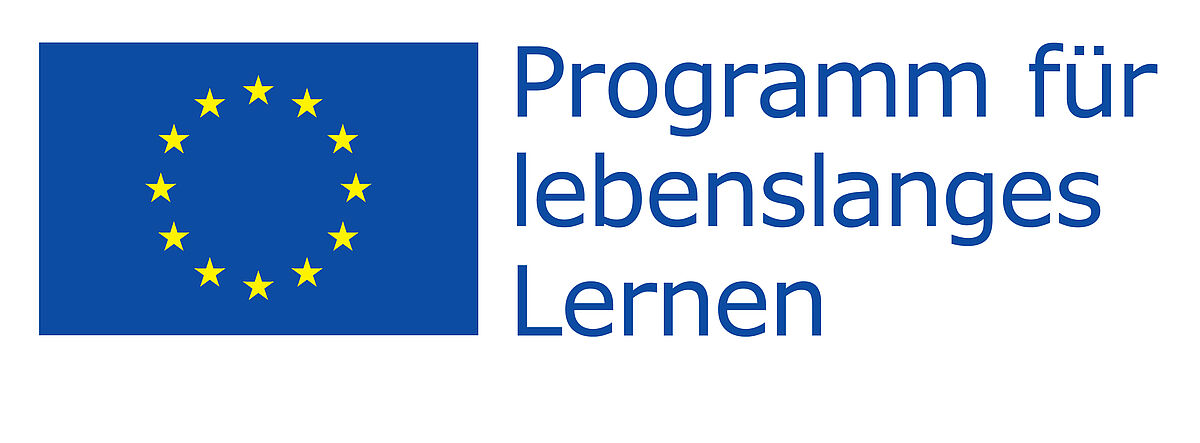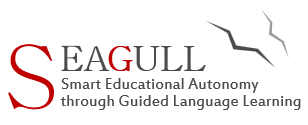SEAGULL - The online platform for guided language exchange
Project description
The tandem project SEAGULL (11/2012 - 10/2015) was established by 20 university language centres from 10 different countries with the aim of embedding autonomous tandem learning within an institutional framework.
The project was funded as part of the EU programme for life long learning with total funds of € 408,448. For the first time, SEAGULL managed to bridge the gap by providing structured and calibrated learning opportunities for autonomous, course-independent tandem learning. This network of partners did not stop at the boundaries of the EU, but also included a US and a Canadian university as well as associated and established partners in Brazil and Japan.
The multi-medial SEAGULL homepage seagull-tandem.eu provided the following resources free of charge and on one interface
topic sheets in the 11 project languages Arabic, Chinese, German, English, French, Lithuanian, Polish, Russian, Spanish, Swedish and Turkish and in 4 further languages added on a voluntary basis (Italian, Portuguese, Luxembourgish and Japanese) at levels A1 - B2, which are intended to initiate semi-authentic language actions and contain linguistic means
topic sheets in all languages for the area ‘Language for use in the public space’
a handout for the native-speaking tandem partner to go with each topic sheet
didactic guidance for learners with different learning backgrounds
extensive collection of photos and videos with ideas and suggested exercises
interview questions on topics of everyday life: politics, current events, economy, education and culture
lists of high-quality links
project database for arranging tandems and learning partnerships
The EU project successfully achieved the desired results within the funding period. Whilst the project was still being funded (November 2012 - October 2015), new cooperation partners from Brazil, Japan and Luxembourg joined the consortium and further interest was shown by other institutions.
Languages:
Arabic, Chinese, English, French, German, Lithuanian, Polish, Russian, Spanish, Swedish, and Turkish
+ new partner languages: Italian, Japanese, Portuguese and Luxembourgish

This project was funded with the support of the European Commission.

